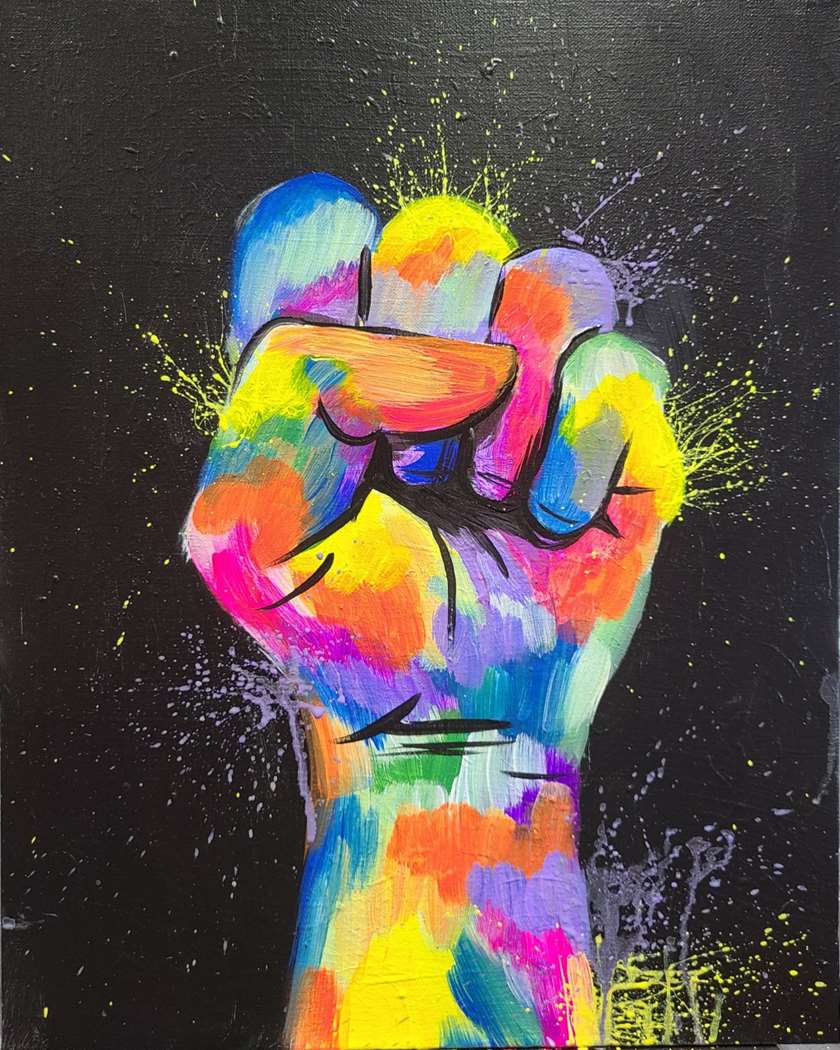What Is ‘Juneteenth’

On June 19, 1866, formerly enslaved people in Galveston, Texas, celebrated a year of emancipation, or freedom, with the “Juneteenth” holiday. Juneteenth celebrations quickly spread to the rest of the country, and the date continues to be the oldest known tradition honoring the end of slavery in the United States.
On June 19, 1865, U.S. Major General Gordon Granger performed a public reading of General Order Number 3: “The people of Texas are informed that, in accordance with a proclamation from the Executive of the United States, all slaves are free. This involves an absolute equality of personal rights and rights of property between former masters and slaves, and the connection heretofore existing between them becomes that between employer and hired labor. The freedmen are advised to remain quietly at their present homes and work for wages. They are informed that they will not be allowed to collect at military posts and that they will not be supported in idleness either there or elsewhere.”
Granger’s announcement came two-and-a-half years after President Abraham Lincoln declared the end of slavery in states in rebellion during the Civil War with the Emancipation Proclamation. At the time, however, the United States could not free those enslaved people held by Confederates. The event largely recognized as the end of the Civil War, and the Confederacy, was the surrender of Confederate General Robert E. Lee in April 1865.
As the Confederacy began losing the war, Texas became a refuge for enslavers to keep those they had enslaved. Texas was the westernmost Confederate state and one with little U.S. Army presence since there was little fighting there. More than 150,000 enslaved people were forced to move to Texas.
In Texas, formerly enslaved people almost immediately organized and purchased lands as “emancipation grounds” for the annual Juneteenth gathering. Emancipation Park (formerly the Colored Emancipation Park) in Houston, Emancipation Park in Austin, and Emancipation Park in Mexia (now Booker T. Washington Park) were all created as sites for Juneteenth celebrations.
But following Granger’s announcement of emancipation, not all was good news. Texas enslavers often delayed delivering the news of freedom until the harvest or the arrival of a U.S. agent. Other African Americans faced terroristic racial violence from the white populace.
Today, Juneteenth celebrations include picnics, rodeos, barbeques, parades, and readings of the EmancipationProclamation and the work of African-American authors, such as Ralph Ellison, whose posthumously published second novel is titled Juneteenth.
Share More Ways To Celebrate 'Juneteenth' | Check Out Our Calendar

